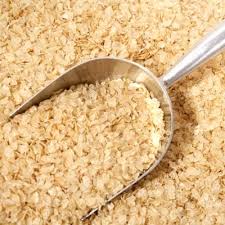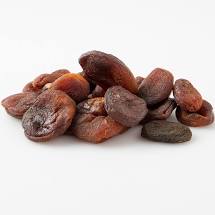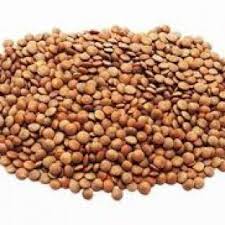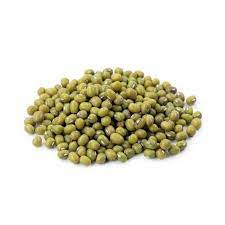Description
Kalium Phosphoricum – Potassium phosphate
Remedy picture as described in traditional homoeopathic texts
Kali phos is a tissue salt whose use was developed by Dr Schuessler in the 1800s. Kali phos has a nourishing and tonic effect on the brain and nervous tissues, giving support when there is mental weakness or depression from excitement, stress, overwork or worry. It can also be used with other indicated remedies, chosen according to how the individual in question experiences and expresses their symptoms. Those who would benefit from Kali phos include ‘fly-in fly-out’ or shift workers, those with demanding work schedules, and those living with a high degree of work stress or family dramas. It is beneficial for jet lag, and during convalescence after a long or taxing illness. A classic example of someone who would benefit from Kali phos is a fatigued student who is experiencing headaches and exhaustion.
Mental/Emotional symptoms
Weakened nervous system and mental fatigue. Despondent and lethargic where the smallest task seems too hard. Tired, weak and hypersensitive, starts with fright easily. Feelings of dread, especially after a long illness or emotional turmoil. Fearful of night-time, crowds, sickness, death and falling. Impaired memory. Irritability with unstable moods. Hysteria in children accompanied with over-tiredness, flying into a tantrum, hardly able to speak. Night terrors.
Physical symptoms
Eyes: Weakened vision especially related to mental exhaustion and drooping of eyelids from lack of muscle tone due to weakness of nerves in the area.
Ears: Humming and buzzing in the ears, hearing very sensitive, averse to noise.
Mouth: Offensive breath. Mouth excessively dry, feeling as if the tongue will stick to the roof of the mouth. Spongy, receding gums, bleeding easily. Speech slow, tongue weakening.
Head: Mental strain from over-work or study. Headache from study, stress and strain of the nervous system. A great tonic for students, and intellectual types. Suits carers and nursing mothers who are greatly tired from interrupted sleep and fractious babies. Dizziness due to exhaustion. Headache relieved by gentle motion. Headache with a weary, empty feeling in the stomach, or headache with hunger. Weak vision.
Stomach: Gnawing hunger pains that improve after eating. Excessive hunger even after eating. Nausea that feels better for belching. Nervous ‘all gone’ feeling in the stomach. Nervous sensations felt in the stomach eg. butterflies in the stomach etc. before stressful events. Lungs: Nervous asthma, worse for food. Cough with yellow expectoration.
Skin: Putrid discharges from skin or mucous membranes, with sadness or exhaustion. Skin symptoms aggravated when stressed or nervous.
Female: Menstruation too late or scanty in pale, weepy women who are irritable and sensitive. Delayed menses with depression. Headache before and during menses.
Kidneys: Incontinence and bedwetting in excitable children or elderly. Limbs: Lameness and weakness, loss of power, worse for exertion. Trembling or fidgeting of hands from nervousness.
Sleep: Sleep disturbances with insomnia, sleepwalking or nightmares. Insomnia from excitement, mental strain or overwork.
Food: Craves ice-cold water, vinegar and sweets. Dislikes bread and meat. Sometimes there is no appetite, desiring only sweets.
Keywords:
Exhausted, irritable, sensitive, depressed
Exciting causes:
Excitement, worry, fatigue, overwork, puberty
Modalities
Better: Heat; sleep; nourishment; gentle motion; leaning on something
Worse: Worry; excitement; mental and physical exertion; cold; sex
Desires: Cold drinks; sour foods and drink; sweets; vinegar
Aversions: Bread; meat









Reviews
There are no reviews yet.